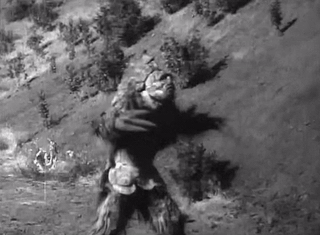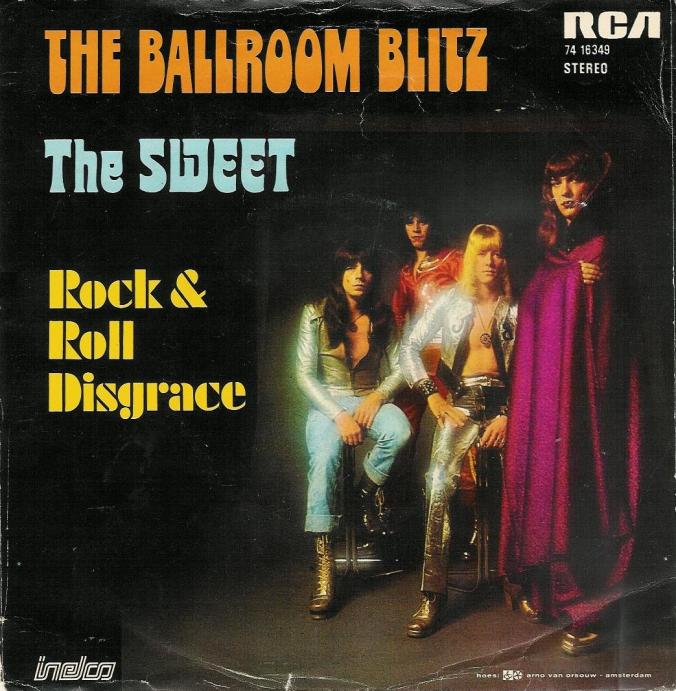Humans have an incredible desire to believe things, especially things that explain how the world works. It’s far easier to believe the pyramids were built by aliens than a large and dedicated work force because it explains something we can’t come to grips with: how would you get that many people to put in that much hard work with so little reward? The people that question this are usually coming off an eight to ten hour shift where they put in as little effort as possible for the maximum reward. Such is our culture that a different work ethic is so alien it may as well be aliens behind the whole thing.

New Mexico needs warning signs like this.
I think it’s because of this uncanny desire to simplify, understand, and believe things that conspiracy theories are as popular as they are. Conspiracy theories provide us with an easy answer to a complicated problem. 9-11 wasn’t the end result of decades of questionable choices and intelligence foul-ups – it was an inside job. No one has ever landed on the moon; it’s too far away and there’s no way we could get there – the moon landings were faked. Jade Helm is far too large of an operation to be a training exercise – it’s a plot to take over Texas.
Conspiracy theories play into our desire for simple solutions and the best ones play on our preconceived notions. How could Hillary Clinton get as far as she did when it’s obvious to anyone with half a brain that she’s a criminal? Simple: she’s a criminal mastermind. But also stupid. And a woman. And she needs to be locked up for whatever those supposed crimes that decades of digging haven’t uncovered. Infowars to the rescue with a whole mess of half-baked theories that “prove” she’s a stupid criminal mastermind that needs to be locked up. Boom! Meet #pizzagate. And people bought it because they already hated her and were looking for a good reason to justify that hate.

No, it actually happened. Multiple times, too.
For the record, I don’t think Hillary Clinton should be locked up. I think she would have made a fine president.
Also, for the record, I don’t think Trump will be the end of the end of the world. I don’t particularly care for him and he’s already off to a rocky start, but I like to think someone will pull him back from the edge and he’ll do at least a few good things. At the very least, if he does decide to go to war with China, we’ll hear about it on Twitter before the bombers leave.
This last election cycle still leaves me wondering how we got to this place. As a writer, I’m used to fabricating tales and live in constant worry that someone will think I was serious about the events of Henchmen. What still boggles my mind is there are people out there writing fiction, passing it off as fact, and it had a massive impact on the world when people who were worried about their futures decided to swallow the easy lie rather than face the harder truth.
Nebulous sources, alternative facts, and “they say” is easier to handle than digging down and figuring out the root cause of the problem. It’s unfortunate, but our access to information has gotten so expansive that it’s trivial to find an example that supports our philosophy. All it takes is someone saying something we agree with and suddenly that person is a trusted source. This unfortunate desire to believe things has allowed unscrupulous swine to manipulate our understanding of the world.

As long as we blindly believe things, yes we are.
Conspiracy theories can be fun. I even wrote a post not too long ago on how to make one of your own. The problem arises when they change our perception of the world because, unfortunately, perception is reality.
Next time someone provides you with a piece of news that seems to validate everything you believe, take a moment to ask yourself a couple questions. Where did this come from? Can I find any other evidence for it? And, most importantly, who profits from this bit of information being out there. Always wonder who the “They” in “They say” are and what their endgame is. Follow the money, follow the power, and then you might find the truth.

It may just not be the truth you want to find.













